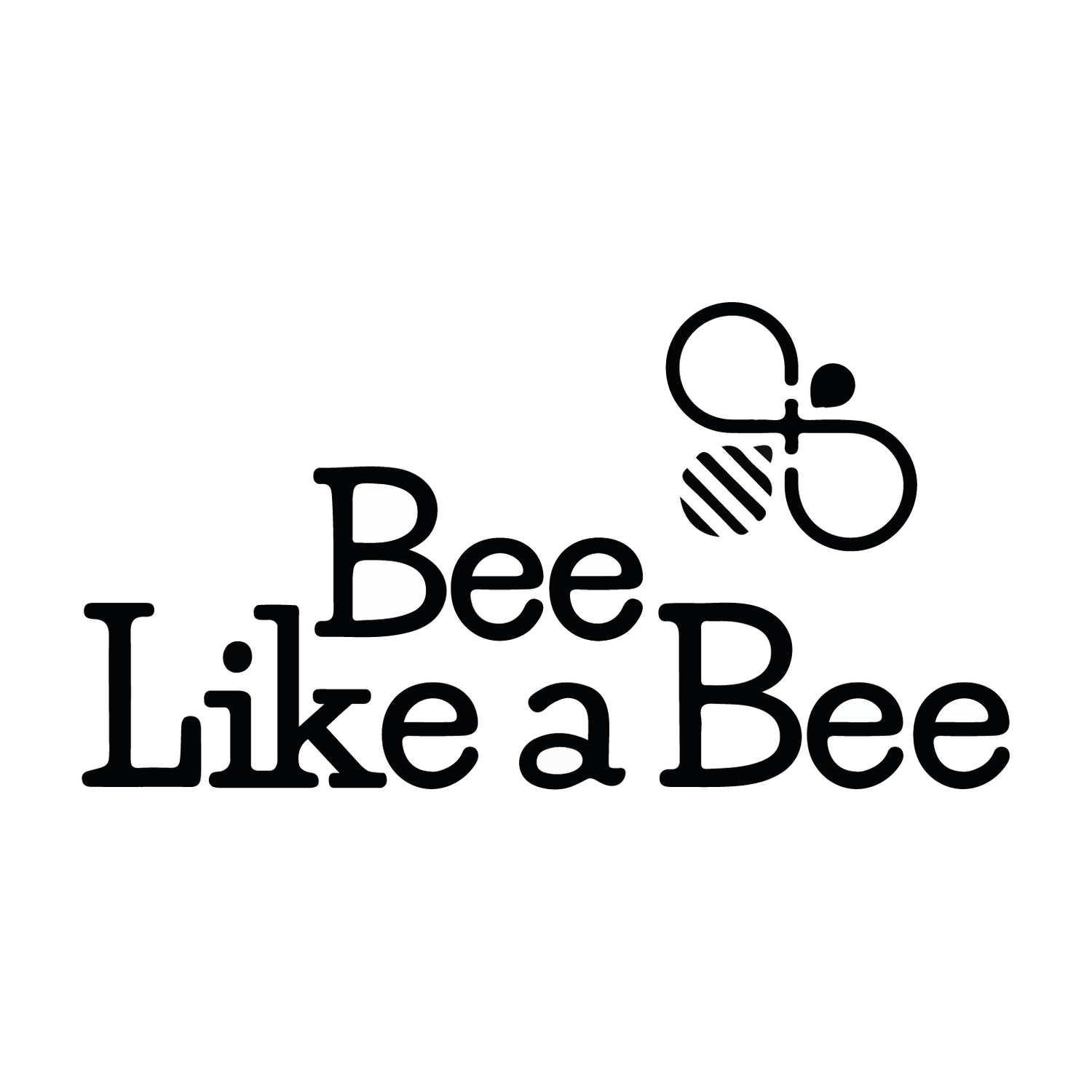Bee Pollen: A Nutritious and Therapeutic Superfood
Bee pollen is a natural food product collected by bees from the flowers of plants. It is a rich source of nutrients, including vitamins, minerals, amino acids, antioxidants, and enzymes. Bee pollen has been used for centuries for its medicinal and health benefits.
Nutritional Value of Bee Pollen
Bee pollen is a nutrient-dense food that contains over 250 active substances. It is a good source of the following nutrients:
Vitamins: A, B1, B2, B3, B5, B6, B12, C, D, E, and K
Minerals: calcium, magnesium, potassium, phosphorus, iron, zinc, copper, manganese, and selenium
Amino acids: all nine essential amino acids
Antioxidants: flavonoids, carotenoids, and quercetin
Enzymes: amylase, lipase, and protease
Health Benefits of Bee Pollen
Bee pollen has been shown to have a number of health benefits, including:
Immune system support: Bee pollen can help to boost the immune system and protect against infection.
Energy booster: Bee pollen is a good source of energy and can help to improve athletic performance and reduce fatigue.
Anti-inflammatory: Bee pollen contains anti-inflammatory compounds that can help to reduce inflammation throughout the body.
Anti-cancer properties: Bee pollen contains antioxidants and other compounds that have been shown to have anti-cancer effects.
Improved metabolism: Bee pollen can help to improve metabolism and promote weight loss.
Vitality and longevity: Bee pollen has been shown to promote vitality and longevity in animals.
Medical Studies on Bee Pollen
There is a growing body of scientific evidence that supports the health benefits of bee pollen. Here are a few examples of medical studies on bee pollen:
A study published in the journal Evidence-Based Complementary and Alternative Medicine found that bee pollen can help to improve immune function and reduce the risk of infection.
A study published in the journal Nutrition found that bee pollen can help to improve athletic performance and reduce fatigue.
A study published in the journal Inflammation found that bee pollen contains anti-inflammatory compounds that can help to reduce inflammation throughout the body.
A study published in the journal Cancer Research found that bee pollen contains antioxidants and other compounds that have been shown to have anti-cancer effects.
Bee Pollen as a Medicine
In some countries, such as Germany, the Ministry of Health recognizes bee pollen as a medicine. Bee pollen is used to treat a variety of conditions, including allergies, asthma, hay fever, eczema, and psoriasis. It is also used to boost the immune system, improve energy levels, and promote overall health and well-being.
How to Take Bee Pollen
Bee pollen can be taken in a variety of ways, including:
Capsules
Powder
Granules
Mixed with food or drinks
Bee pollen can be taken once or twice daily. The recommended dosage varies depending on the individual's needs. It is important to start with a low dose and increase gradually as tolerated.
Safety and Side Effects
Bee pollen is generally safe for most people to take. However, some people may experience allergic reactions, such as hives, itching, and difficulty breathing. Bee pollen should not be taken by people who are allergic to bees or bee pollen. Bee pollen should also not be taken by pregnant or breastfeeding women.
Conclusion
Bee pollen is a nutritious and therapeutic superfood that has been shown to have a number of health benefits. It is a good source of vitamins, minerals, amino acids, antioxidants, and enzymes. Bee pollen can be used to boost the immune system, improve energy levels, reduce inflammation, promote athletic performance, and promote overall health and well-being.
Image by <a href="https://www.freepik.com/free-photo/elevated-view-honeycomb-bee-pollen-pink-surface_5223294.htm#query=pollen&position=46&from_view=keyword&track=sph">Freepik</a>


